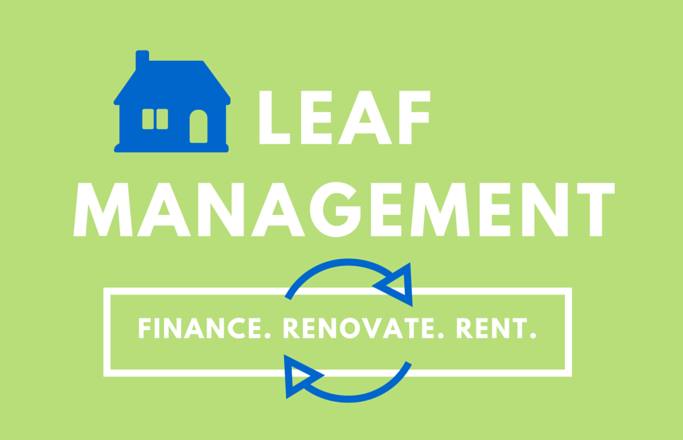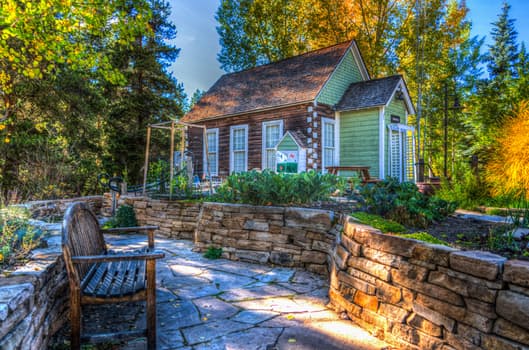The tiny house movement is spreading fast across the country for several great reasons. A smaller house means much lower utility bills, since there is less space to heat and cool. The repairs and upkeep are cheaper. And a smaller house is better for the environment too. But before anyone rushes out to buy or build a tiny house, they should know about the downside of living in one.
Limited Space
This aspect should be obvious, but many people are not prepared for just how few of their possessions will actually fit in a tiny house. Even if items are put up on the walls, there is not enough room for everything. So a drastic downsizing of furniture is often required.
Problems With the Neighbors
Unfortunately, not everyone agrees with someone living in a tiny house because they have so many modifications to them. Most of these houses have small composting toilets that don’t connect to the sewer system, and they use a limited amount of water. So they often don’t fit city ordinance codes. This isn’t usually a problem if it is a portable house that is moved frequently. But if it is set as a permanent structure, neighbors might complain that it is a violation. On the other hand, tiny homes do offer a unique advantage of sharing a parcel of land with a relative. This can be especially appealing for adult children living with parents, or vice versa.
Limited Privacy
If there is more than one person living in a tiny home, then they will not have much space to themselves. The only room that is sectioned off is the bathroom, so there isn’t much privacy. This is usually fine for a couple of adults who are living together, but it can make things challenging if there are children, too.
Shoddy Construction
Tiny houses that are built to be portable are not very well insulated, and they are not made to last. The construction materials are lightweight to make sure that the houses can be supported by the frame that sits on wheels. When they are constantly being moved from place to place, it can easily cause structural damage to them. While this may not be the case for all tiny homes, it’s certainly worth investigating if you’re considering spending more than a few years inside the alternative dwelling.
Taxes
If a person decides to set up residence in a mobile home park, so they don’t have to carry their home around everywhere with them, they will have extra expenses to pay. Not only will they have lot rent due every month, but there will also be property taxes to pay at the end of the year. The taxes are based on the value and age of the home, so the amount that is owed can vary.

